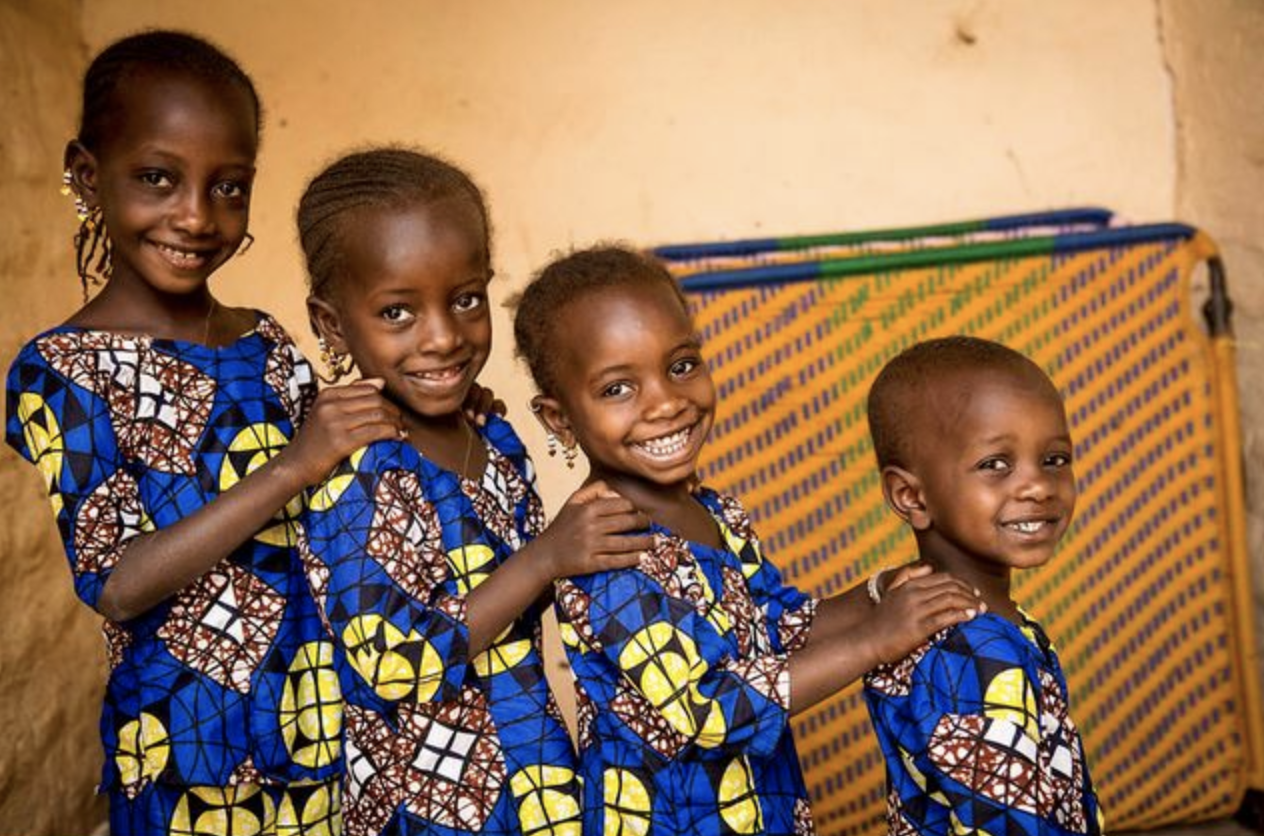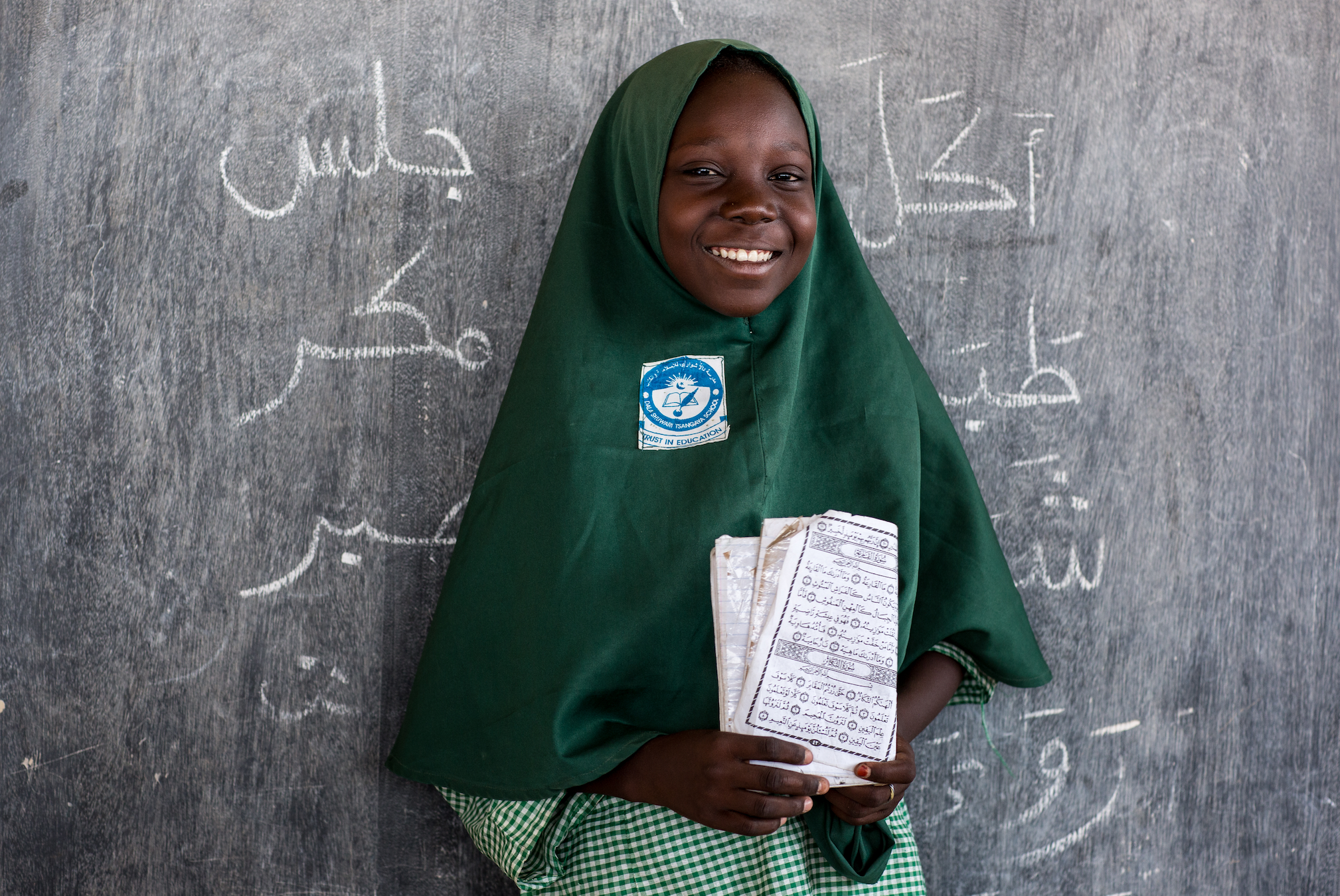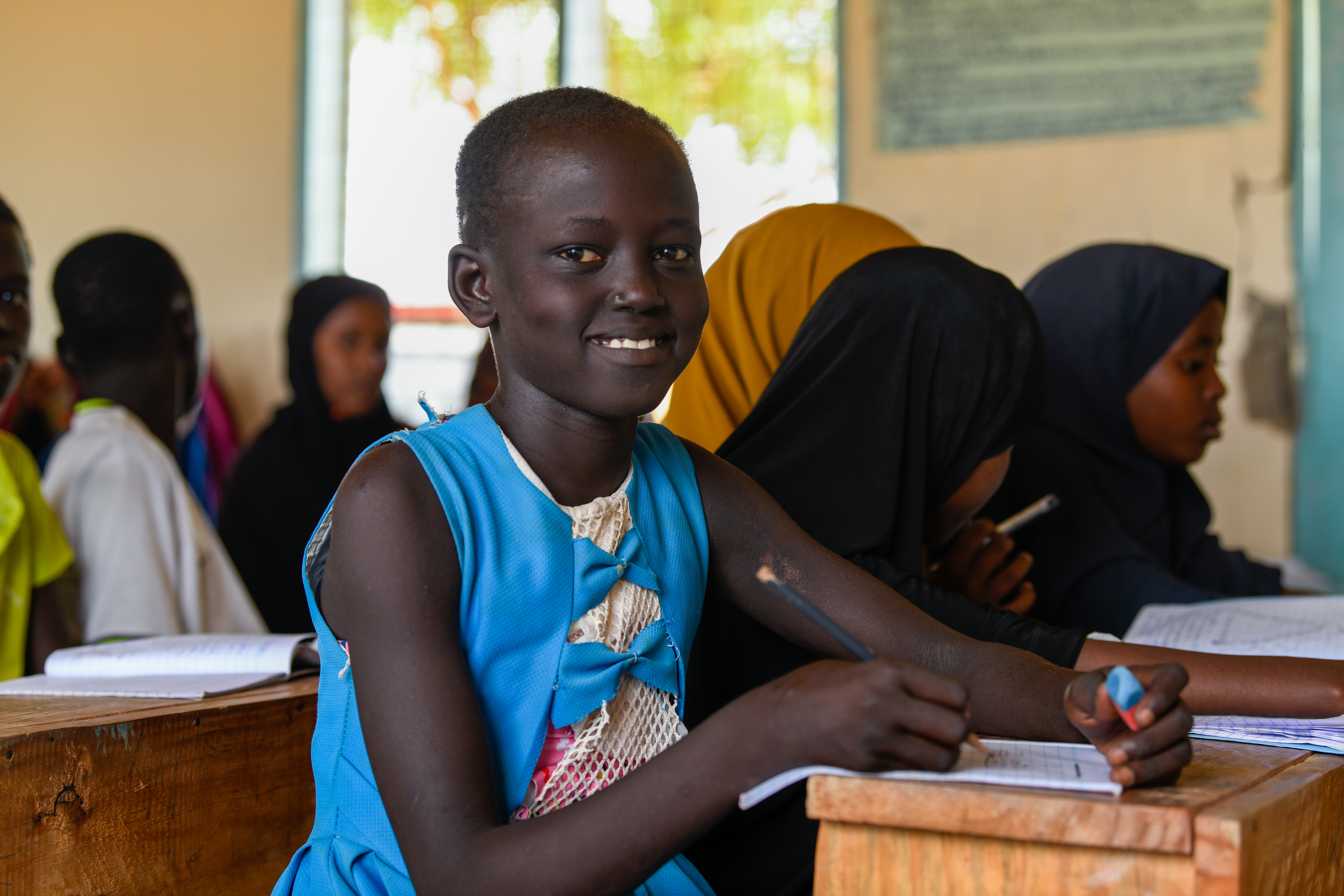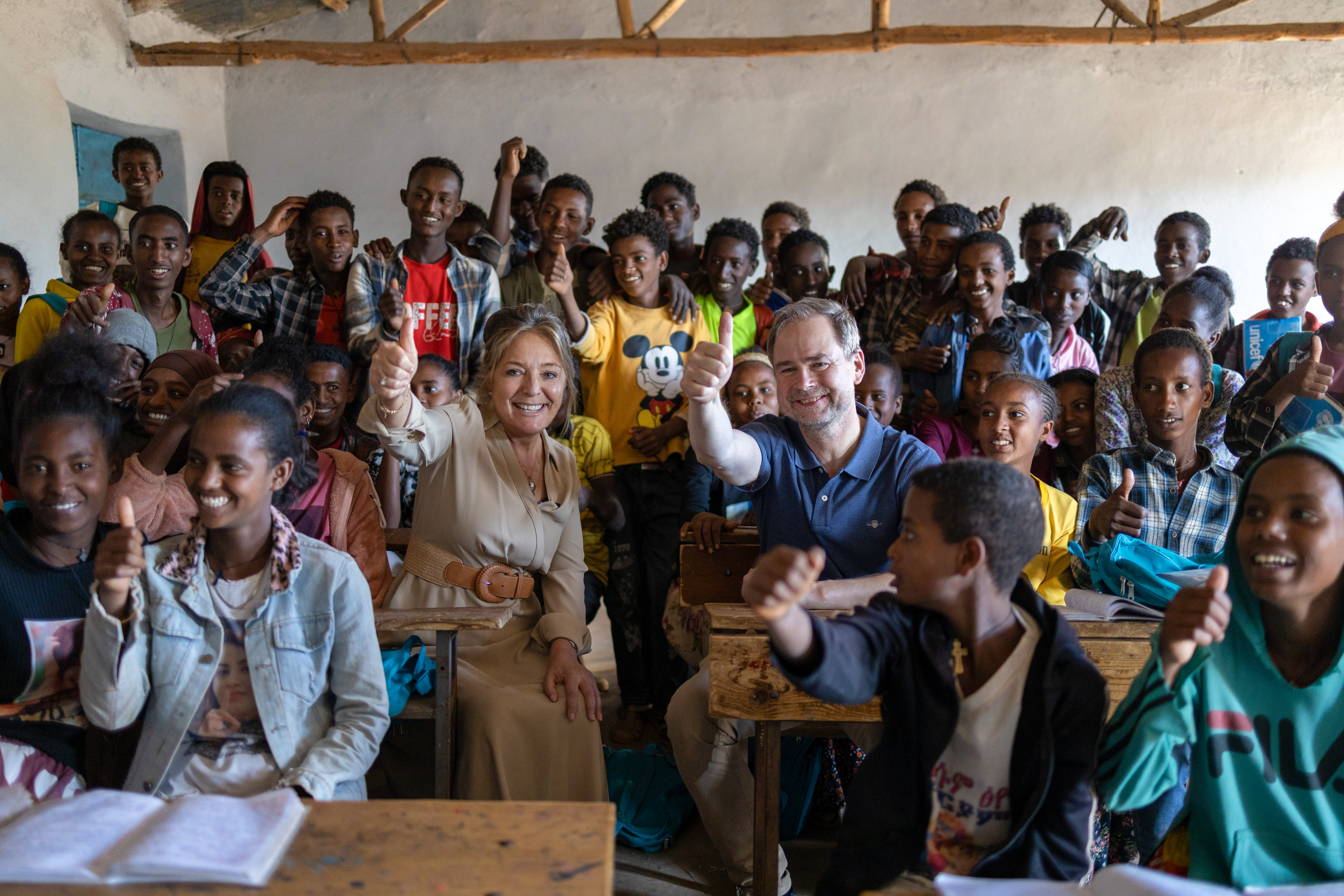United States Announces US$37 Million in New, Additional Funding to Education Cannot Wait for Crisis-Affected Children and Youth

Education Cannot Wait is an educational lifeline in dozens of crisis-affected countries globally. We know when access to education is equal, the results are clear: greater economic growth, improved health outcomes, stronger democracies, more peaceful and resilient societies, and healthier and more successful children
The Government of the United States announced today US$37 million in new, additional funding for Education Cannot Wait (ECW), the United Nations global fund for education in emergencies and protracted crises.
The new funding brings the United States’ total contributions to approximately US$92.3 million. The contribution comes from USAID (US$23 million, including US$5 million earmarked for the crisis in Mali), and the US State Department’s Bureau of Population, Refugees and Migration (US$14 million); the State/PRM funds are earmarked for refugee and displaced children and youth. With these new contributions, the United States becomes the third largest donor to the ECW global trust fund, following the United Kingdom and Germany.
“The United States has proudly supported Education Cannot Wait since its inception in 2016. And we are proud to boost our support today. Education Cannot Wait is an educational lifeline in dozens of crisis-affected countries globally. We look forward to continued cooperation to increase access to education, improved learning outcomes and reach the most marginalized students – especially girls, refugees, internally displaced communities, gender and sexual minorities, and children with disabilities. We know when access to education is equal, the results are clear: greater economic growth, improved health outcomes, stronger democracies, more peaceful and resilient societies, and healthier and more successful children,” said USAID Administrator Samantha Power.
At this year’s UN General Assembly, world leaders have come together to address the interconnected crises of armed conflicts, COVID-19, forced displacement, climate change and other challenges that are disrupting efforts to achieve the Sustainable Development Goals, especially SDG4, which calls for universal and equitable quality education for all by 2030.
“I would like to sincerely thank the people of the United States, USAID and the Bureau of Population, Refugees and Migration, for these generous contributions. The United States is an important leader and strategic partner in our efforts to provide children and adolescents impacted by armed conflicts, climate change-related disasters, forced displacement and other protracted crises with the safety, hope and opportunity of a quality education. We prioritize forcibly displaced girls and boys who are often left furthest behind in the middle of nowhere between borders and in refugee and displaced persons settlements. Together, we will now be able to reach more of them, to go deeper and sustain the gains we collectively make, and to empower them to achieve their human rights and rebuild their lives,” said Yasmine Sherif, Director of Education Cannot Wait.
The impact of the COVID-19 pandemic on schooling is a “generational catastrophe”, according to the United Nations. One year into the COVID-19 crisis, two-thirds of students worldwide are still affected by full or partial school closures. According to the UN, the pandemic has all but wiped-out education gains from the past 20 years, including notable gains in access to education for girls.
Through its innovative multi-year resilience programmes and first emergency responses, Education Cannot Wait has already reached more than 4.6 million crisis-affected children and adolescents. ECW’s COVID-19 education in emergency response has reached an additional 29.2 million vulnerable girls and boys.
For Press Inquiries:
Anouk Desgroseilliers:
adesgroseilliers@un-ecw.org
+1-917-640-6820
Kent Page:
kpage@unicef.org
+1-917-302-1735



